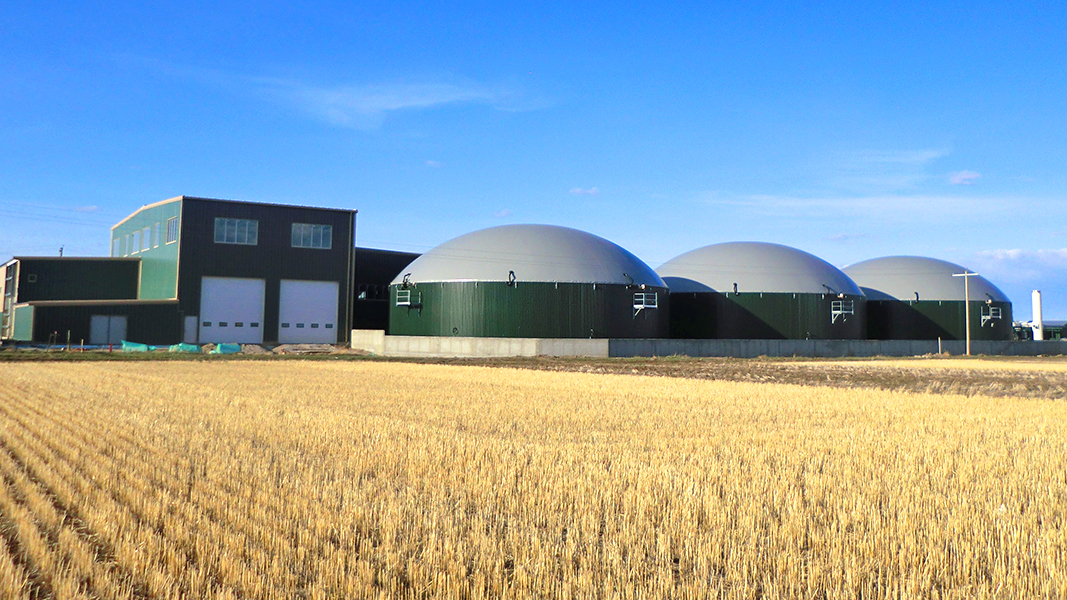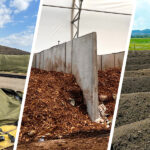FortisBC, based in the Canadian province of British Columbia (BC), received its first delivery of renewable natural gas (RNG) from outside of the province in early August, making it the first interprovincial purchase of RNG in Canada by a natural gas utility. “RNG is an essential component of FortisBC’s 30BY30 target, which includes a focus on having 15% of our natural gas supply be renewable by 2030,” explains Diana Sorace, FortisBC’s Corporate Communications Advisor. “The more RNG we receive, the better we can supply our customers with carbon neutral energy that helps reduce greenhouse gas (GHG) emissions. Out-of-province agreements are currently in place in both Ontario and Alberta.” The 30BY30 target is to reduce FortisBC’s customers’ GHG emissions by 30% by 2030 to help the province of BC meet its climate action goals.
The utility is currently working with five suppliers who make RNG from organic waste; several more suppliers have facilities in construction. “We’re also exploring the potential of other low carbon gases such as hydrogen and syngas to meet BC’s energy needs,” adds Sorace. Two of FortisBC’s RNG suppliers are Lethbridge Biogas in Alberta (shown in top photo), and Tidal Energy Marketing, which sources RNG from an anaerobic digestion facility in London, Ontario.
FortisBC launched a Clean Growth Innovation Fund in July to help accelerate work to reduce GHG emissions as part of its strategy to support the transformation to a lower carbon economy. Starting August 1, 2020, the utility is committing $4.9 million annually until 2024 to the Fund, which will help it work with government and industry to advance projects that are expected to contribute to decarbonizing its natural gas supply and accelerating climate action. The Fund is financed through an additional $0.40 monthly charge to all FortisBC natural gas customers, which amounts to less than $5/year. Eligible technologies include renewable gases, carbon and methane capture, fuel cell and remote power technologies and more. Organizations can apply for project funding, with applications being reviewed based on amount of co-funding secured from the applicant and/or third parties; estimated emissions that will be reduced in BC; estimated cost benefit for the utility’s customers; and relevant experience of the project team.













